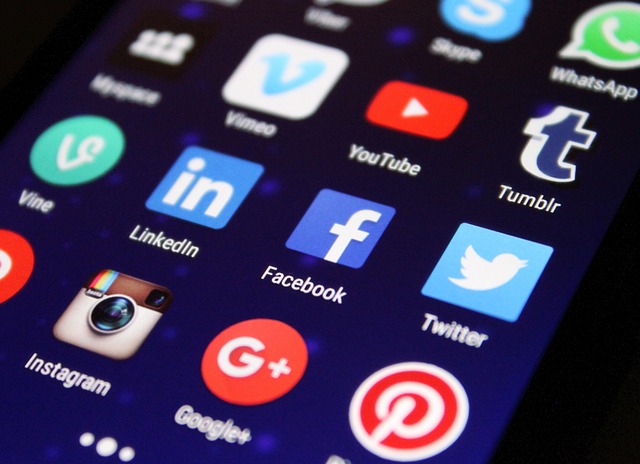
The Rise of Social Media in Politics
In today’s digital age, social media has become an integral part of political communication and engagement. Platforms like Twitter, Facebook, and Instagram have revolutionized the way politicians and voters interact, making information more accessible and shaping public opinion in real-time.


Gone are the days of relying solely on traditional media sources like television and newspapers to get political news. With the click of a button, politicians can now reach millions of people instantly through social media posts, videos, and live streams. This direct communication has given politicians a powerful tool to engage with their constituents and shape public discourse.
The Power of Viral Campaigning

One of the most significant impacts of social media on politics is the ability to make a campaign go viral. Memes, hashtags, and videos can quickly gain traction online and reach a massive audience. For example, during the last election, the hashtag #FeeltheBern became a rallying cry for Bernie Sanders supporters, helping to propel his campaign to new heights.
Politicians are also using social media to mobilize their supporters and drive voter turnout. Platforms like Facebook allow campaigns to target specific demographics with tailored messages and ads, making it easier to reach potential voters and get them to the polls on election day.
The Dark Side of Social Media in Politics
While social media has many benefits for politicians and voters alike, it also has a dark side. Fake news, misinformation, and online harassment are all problems that have plagued the political landscape in recent years.
Politicians can spread false information or manipulate the narrative by using social media to their advantage. During the 2016 election, for example, Russian operatives used Facebook and Twitter to spread disinformation and sow discord among American voters.
Online harassment is another issue that politicians face on social media. Female politicians, in particular, are often the targets of sexist and threatening messages online. This kind of behavior can have a chilling effect on free speech and discourage women from running for office.
The Future of Social Media in Politics
As social media continues to evolve, its impact on politics will only grow. New platforms and technologies will emerge, giving politicians even more ways to reach voters and shape public opinion.
It is crucial for politicians, voters, and social media companies to work together to ensure that these technologies are used responsibly and ethically. By holding politicians accountable for their online behavior and promoting transparency and truth in political discourse, we can harness the power of social media for good and create a more informed and engaged electorate.
